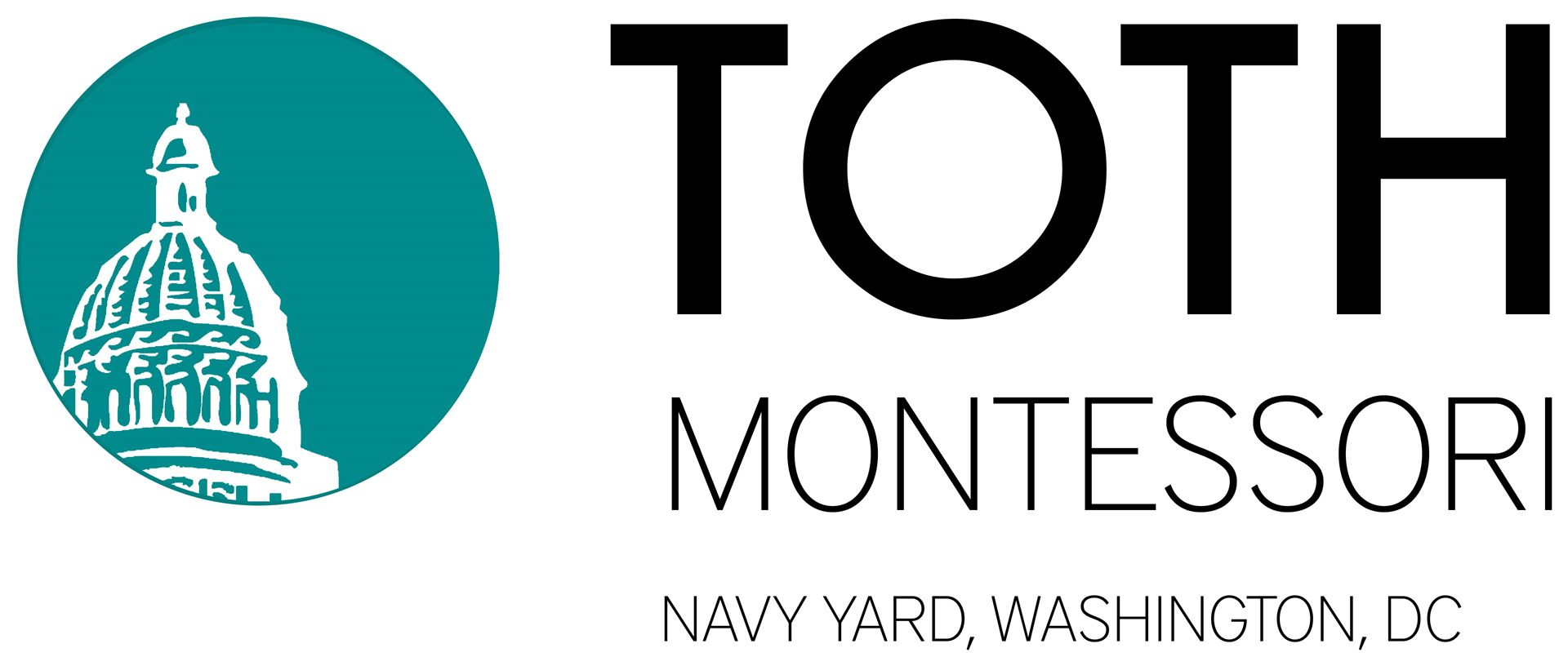Toddler
Journey to Independence
15 - 36 months
Our full-day and part-day toddler classrooms are specially prepared environments that are designed to meet the needs of children who are 15 months to 3 years of age. Maria Montessori studied and observed infants and toddlers in a scientific manner and she knew that from birth to age three was when a child’s brain develops most rapidly and they learn more than at any other stage of development.
By choosing a Montessori education for your young child, you will be giving them the opportunity to grow and develop in a safe and nurturing environment with caring teachers who are formally trained in the Montessori Method at the Infant/Toddler level.
Full and Half Day Schedules
ToTH Montessori has two toddler classrooms at our campus located at the Arthur Capper Recreation Center. We offer the option for a full day or half day schedule:
- Full day: 8:30 a.m. to 5:30 p.m. Children may be picked up from school any time between 3:30 and 5:30 p.m. Children eat lunch and nap at school. Snack is provided in the morning and the afternoon.
- Half day: 8:30 a.m. to 1 p.m. Snack is provided in the morning and children bring their lunch and eat it at school.
All of our programs are five-day-a-week programs. We do not offer the option of partial week schedules.
Coming Soon: ToTH plans to open a second campus with classrooms for infants and toddlers in the Capitol Riverfront/Navy Yard neighborhood in early 2025. Enrollment will begin for this location in summer 2024.
Curriculum
In a Montessori toddler classroom, daily routines and the essential tasks of caring for oneself provide the foundation for the curriculum. At this stage in their development, children have an absorbent mind and they are capable of rapidly taking in information through their senses. Our guides and teachers carefully prepare the environments and provide opportunities for the children to explore, concentrate and build confidence and independence, all at their own pace. The adults observe the children in order to learn about each child’s interests and capabilities so that they may introduce new materials and lessons that stimulate the child’s innate desire to explore and learn. Children work on developing and refining:
- Language: vocabulary development, verbalizing needs and wants, describing images, having conversations, singing
- Care of self: toilet learning, hand washing, dressing, eating, napping
- Care of environment: cleaning, putting away materials, dishwashing, food preparation
- Fine motor skills: developing hand muscles through picking up and transferring objects, working with tools and utensils, making art works
- Gross motor skills: climbing, balancing, rocking, spinning, running, walking carefully in a line, doing art at an easel
- Socialization: Talking to adults and other children, participating in group circle times and games, learning names, learning manners, practicing empathy and care for others
The Environment
Our carefully prepared and beautiful toddler environments are meant to feel like home, with everything sized for a toddler's height and accessible so that children feel both comfortable and empowered. The classrooms feature dedicated areas for children to work independently or together using a variety of materials. There are areas designated specifically for movement, art, reading and meals. The ensuite bathrooms have low toilets and sinks and an area for stand-up diaper changes. The environments are designed to be peaceful, orderly and full of beauty, with items such as real plants, flowers, and art for the children to experience with all of their senses.
Movement, Play, Meals and Community
Every day the children gather for circle time where teachers read stories, sing songs and engage the children in dancing and movement.
Outdoor playtime is essential and each class has at least one to two hours of outdoor playtime daily. We utilize the on-site playground and also take the children on short neighborhood walks to other nearby play spaces such as Canal Park and the Virginia Avenue Playground.
Children eat snack and lunch together at communal tables. Healthy and balanced snacks are provided by ToTH in the morning and afternoon and lunches are brought from home each day. ToTH is a nut-free school. We serve whole milk and oat milk in our classrooms.
